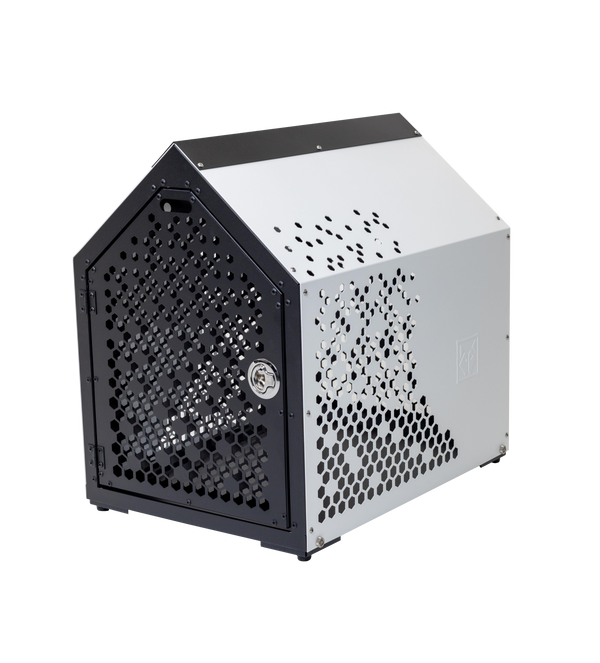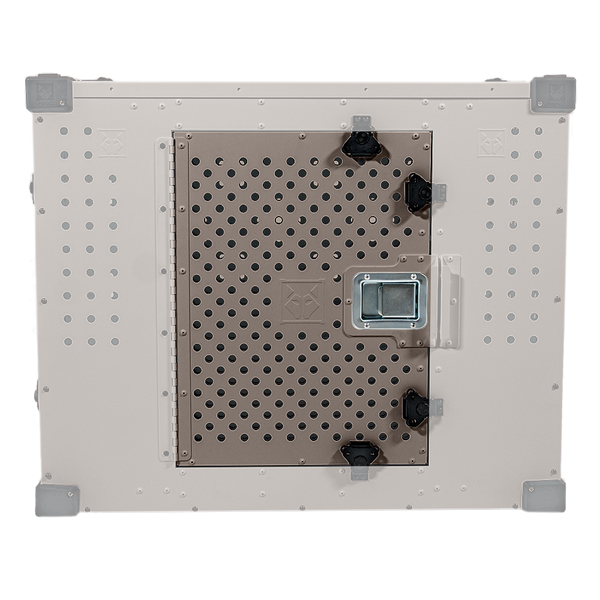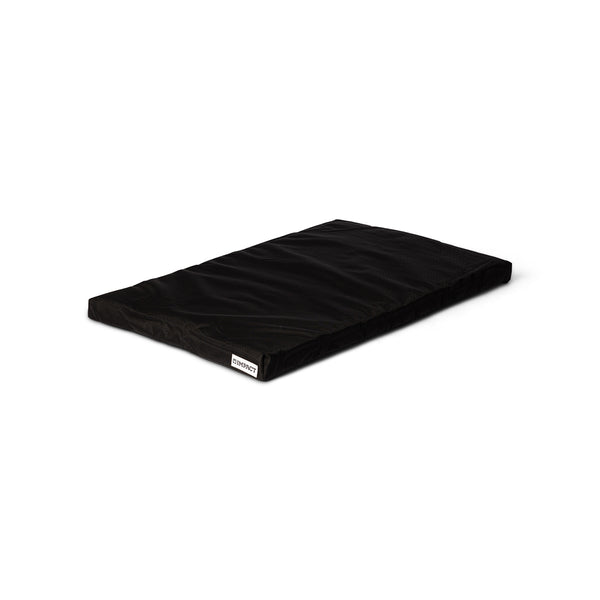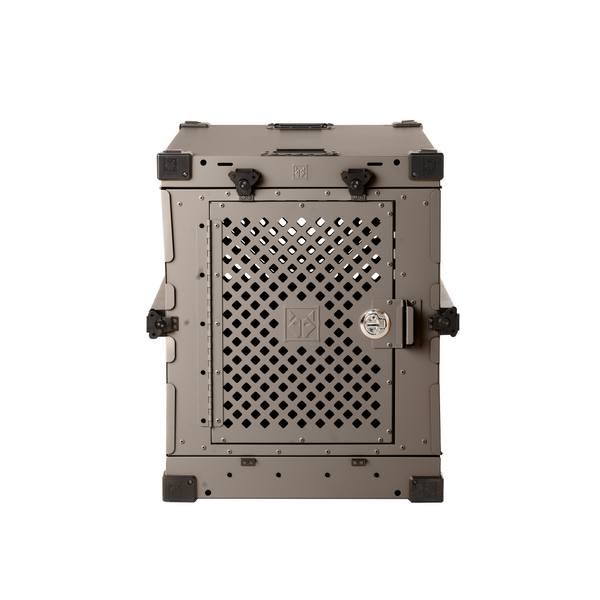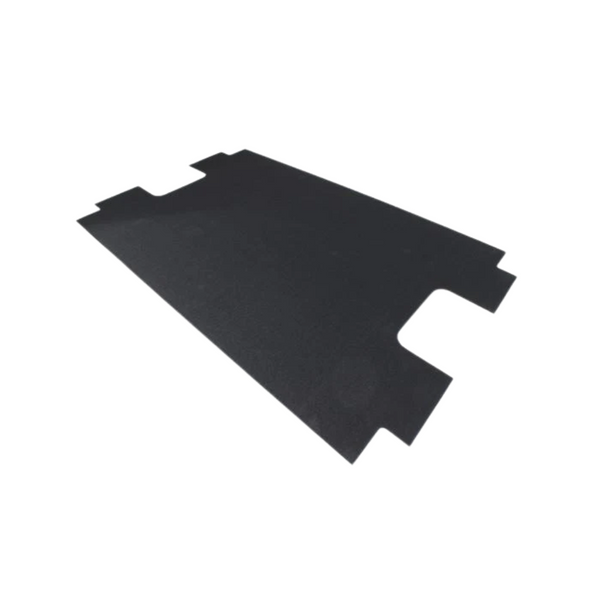Have you just been gifted a Toy Poodle on your birthday? Then consider yourself super lucky, as you now have a small package of affection and intelligence. According to Zooplus Magazine, toy poodles are famous for being pretty family-friendly dogs that can be nervous and even get scared in unfamiliar situations. Families also prefer petting Toy Poodles due to their low-shedding characteristics, meaning that this dog does not add to your cleaning tensions.
Regarding their height, you may have noticed that they are no taller than 10 inches. However, don’t underestimate them due to their small size; the Toy Poodle can surprise you with its charming and playful personality. Like other dog breeds, this one also requires your attention.
Is this the first time that you have received a wagging tail? If yes, there is no need to stress, as this blog will provide you with the necessary details on how to care for your Toy Poodle, including grooming, health problems, feeding tips, and much more.
Understand The Toy Poodle
You must understand some basic things about the Toy Poodle. Firstly, they are the smallest in their breed’s category as you will also see them in Standard and Miniature variants as well. Secondly, as you are new to dog parenting, then let us tell you that your Toy Poodle is bred from their larger ancestors. This breeding helps them to retain their wit, sporty nature, and curly coat that you can recognize from far away as well. Lastly, they are popular for their playful nature, willingness to please and amuse their owners, and hypoallergenic coat, therefore these dogs make perfect companions, especially if you live in an apartment or share it with allergic family members. But, the thing you must remember is that because they are pretty small, it boosts their fragility so you need to be more careful while looking after and handling them.
Health Issues Of Toy Poodle
A Toy Poodle is a healthy breed, however, even this dog breed has multiple health issues. Other Toy Poodle owners do make it a point to take them to their concerned vets to screen their dogs for early detection. And since you have joined the same party, then even you should be aware of the following conditions:
Legg-Calve-Perthes Disease
In the list of Toy Poodle health issues, Leg-Calve Perthes disease tops the list. What is it? Legg-Calves-Perthes disease is a condition where your dog’s hip joint is affected, leading the ball on the top of the femur to lose its required supply of blood. This hip joint issue results in pain, limping, and even arthritis. Plus, it is found in young puppies that are below 18 months old. The good part is that in some cases, the pain can be treated with the help of the right medicines, but if it is severe, then your vet might recommend you to go for surgery, where the femur’s top will be permanently removed.
Patellar Luxation
Are you new to the term Patellar Luxation? Well, in plain terms, patella means “kneecap”. It is a small bone that is supposed to sit in a groove within the femur present at the knee. But, in this health issue, your Toy Poodle’s patella moves outside the assigned spot, flexing the knee. And when this happens, the movement causes intense discomfort and can lead to arthritis as well. If your dog suffers from this kneecap displacement, then you will see them either skipping or running to you on their three legs. Does this condition end on its own? Yes, there are some cases that will correct themselves, but be prepared because, in severe cases, the patella can continue to remain the way it is.
You might be wondering whether there are medicines to treat this illness. So, the good news is that there are ways to cure it. What are those? You get joint supplements in the form of fish oil and glucosamine or anti-inflammatory medicines used to control pain and prevent the chances of arthritis as well. Then, if your Toy Poodle is badly affected, your vet might move on with surgery.
Progressive Retinal Atrophy
You must have got a hint reading the name that the condition is related to your Toy Poodle’s eyes. Progressive Retinal Atrophy is a collection of diseases that compels the photoreceptor cells, rods, and cones on the retina to break down. As a result, your dog might have difficulty watching during the night or in dark spots. The dreading part is that over time this eye issue can even change into blindness. And yes Progressive Retinal Atrophy is an inherited disease, so if your dog has it, then you can say that one of their parents passed it on. As far as treatments are concerned, there are no available effective treatments. However, you can still go ahead with genetic testing that can assist you in learning some types of PRA.
Cataracts
Your Toy Poodle carries the risk of getting cataracts as well. This is a condition where your dog’s lens becomes clouded, resulting in becoming visually impaired. Can you treat the cataract? Yes, the eye problem can be resolved through surgery. Therefore, you can take your dog to your vet to do the needful.
Glaucoma
Your small dog is vulnerable to glaucoma as well. What is glaucoma? It is another eye problem where immense pressure builds up. This pressure can further hurt the optic nerve, making your furry fellow blind.
Hypothyroidism
In the list of health issues of your Toy Poodle, they can experience hypothyroidism as well. What is this condition? It's all about a thyroid gland that is not very active, displaying a variety of signs such as hair loss, exhaustion, and weight gain. Therefore, if you see them showing you the above-mentioned signs, then take that as a hint of hypothyroidism.
Diabetes Mellitus
You will be surprised to know that your Toy Poodle also has the tendency to have diabetes mellitus. It is a disorder related to their metabolism that has a big impact on your dog’s potential to stabilize blood sugar levels. Therefore, you might have to limit their sugar consumption, or else they can easily become diabetic.
Heart Conditions
Be very careful when taming your Toy Poodle and feeding it rich meals, as they have heart conditions. To be specific, they are at a high risk of mitral valve disease. Therefore, as a dog parent, you should look into this.
Tracheal Collapse
What is tracheal collapse? It occurs when your dog’s trachea, or in simpler terms, the windpipe, flattens. Why does this happen? There are two reasons. First, the cartilage rings are not strong enough. Second, the membrane along the windpipe sags. You can identify the issue by observing a few signs, such as a dry cough that may worsen, especially when your little toy is eating or excited. The good news is that this breathing issue can be treated with medication, but in severe cases, your vet may recommend preparing your dog for surgery.
Apart from that, tracheal collapse is also genetic. Therefore, if you want to see your poodle healthy, then you must keep your new furry friend fit weight-wise. While going for casual walks, make sure to use a harness rather than a collar, as that will add to the pressure on their windpipe, leading to more damage.
Von Willebrand's Disease
The name may have scared you. Von Willebrand’s disease is a genetic blood disorder. This condition causes a deficiency in a protein known as the Von Willebrand factor, which plays a vital role in helping platelets stick together to form a clot. Your Toy Poodle’s blood may encounter difficulties in clotting, and you might notice bleeding from their nose, bladder, vulva, or even gums. Even after addressing the issue, the bleeding may continue.
Ear Infections
These Toy Poodle dogs even have a risk of getting ear infections. How? Due to an overgrowth of bacteria and yeast that live inside their ears. You can spot your dog’s ear infection through several signs, such as visible redness, head shaking, unpleasant smell, debris, and constant scratching. And in case you notice any, then it is highly suggested that you take them to the vet to get their ears cleaned with the help of topical medications.
Another point you must know as a dog parent is that Toy Poodles have the potential to develop more ear infections than most other dog breeds. Why? The reason is somewhat due to these poodles having extended ear canals, where there is excessive curly hair growth, which is more than enough to capture moisture and debris. Can something be done to reduce their ear infection? Well, yes, you trim their hair from their ears. Plus, these ongoing ear infections without any pauses should be addressed as well. Hence, if you witness anything weird in your dog’s case, then immediately rush to the vet.
How To Take Care Of Your Toy Poodle?
We discussed at the start of the blog as well that you need to pay extra attention to this furry individual. This includes their nutrition, daily exercise, grooming, and the list goes on. So, how do you manage all of this? Let’s unveil:
Nutrition
You must be careful while feeding your Toy Poodle as they quickly put on weight. Therefore, you need to do the following:
Feed High-Quality Food
You should feed high-quality food to your Toy Poodle. When we say top quality, we mean purchase cans or packets that are specifically made for puppies or can be given throughout their different life phases. For your Toy Poodle adults, your vet can ask you to buy diets focusing on their dental health to prevent any sort of dental disease. So, the next time you are at the grocery store, try your best to get a commercial kibble or wet food that shares the approval of the Association of American Feed Control Officials. In this way, you will feel relaxed, and that your dog is eating the right food.
Give Limited Food
You have to give them limited food, like two to three feedings per day. Their small size cannot afford more than that, plus they have weight issues as well. But, in the case of toy poodle puppies, you can serve them with three to four small proportions per day. You must be consistent with their feeding routine, or else their blood sugar goes out of order.
The Recommended Portion
If you want to know about the recommended portion, then it varies and depends on plenty of factors such as size, the physical size of your Toy Poodle, neuter status, and how energetic they are. However, you can take your dog to the vet and they can tell you better about the ideal calories for your furry friend. Furthermore, dog food comes ahead with feeding guide labels as well which can help you with the much-needed information. Just remember, in the situation of a Toy Poodle, even the treats are fattening.
Some Extra Tips
You can treat your latest family member with dog food consisting of omega-3 fatty acids. These good fats fulfil the purpose of being natural anti-inflammatories that assist in supporting the skin, coat, joints, heart, and kidneys of your Toy Poodle.
Exercise
Yes, Toy Poodles are small, but they still require daily exercise. Therefore, take them for daily walks, buy interactive games and toys for them, and dedicate a few hours to playing with them in your yard. Just remember that their small size does not allow them to participate in rough activities, as that could lead to injuries.
Grooming
You will have to look after their grooming, especially their curly coat, which is popular for being hypoallergenic. Besides that, you need to clean their ears, skin, and eyes. How? In the following ways:
Coat Care
If your Toy Poodle’s hair is very short, you don’t need to brush it daily. Otherwise, you must brush their curly coat to prevent matting—not just from the surface but all the way to the roots. This way, their hair will be properly detangled.
You’ll find it amusing to learn that the classic Continental clip was used for grooming these poodles. This technique helped limit the amount of heavy hair while still protecting their body parts from cold water and weather. However, regardless of your Toy Poodle’s haircut, you need to ensure that they are professionally groomed every four to six weeks. Therefore, cut their hair, or you might regret it later.
Skin Care
As far as their skincare is concerned, then you must bathe them every two to four weeks. But stick to this routine as giving them a shower more than twice a month results in removing the important healthy oils. These oils protect your doggy’s body from allergens in the environment. Hence., select a gentle, dog-designed shampoo or conditioner to suit their curls.
Eye Care
You will not like your poodle to rub their eyes due to debris. So, as a caring dog parent, you must take care of their eyes. Take a soft and moist cloth and gently wipe their eyes. Over here, you need to keep in mind that some poodles have major tear-staining problems around their eyes, so you have to pour some saline solution on the cloth and rinse the corners of their eyes. This will clear their vision.
Plus, their hair even goes into their eyes. Therefore, you must grab a trimmer and carefully trim the long hair around their eyes. However, if you observe your toy squinting or see some discharge releasing from their eyes, that sounds like danger. Contact your vet for further guidance.
Ear Care
In the illnesses section, you must have read that your Toy Poodle carries the potential of having ear infections. Hence, assign a day after every week or two when you will need to clean their ears and the hair growth inside. But in case you notice any swelling, weird stench, infection, redness or infection, take your Toy Poodle to the vet. They will check their ears and tell you the problem.
Dental Care
Dog owners often ignore their dog’s dental health and later panic watching the related issues. You should not repeat the same mistake, especially with your Toy Poodle. When you brush your teeth, clean theirs as well, but remember that you have to buy dog-specific toothpaste. As normal ones will not be effective at all. However, if you want a thorough cleaning, then feel free to schedule an appointment for professional dental cleanings. The vets can do the honours in no time.
Conclusion
You will love having a Toy Poodle at your end. To prove yourself as a responsible dog owner, you should clean their skin, teeth, and hair. Apart from that, keep in mind the number of health issues this breed has and if you notice strange changes, then contact the vet.









